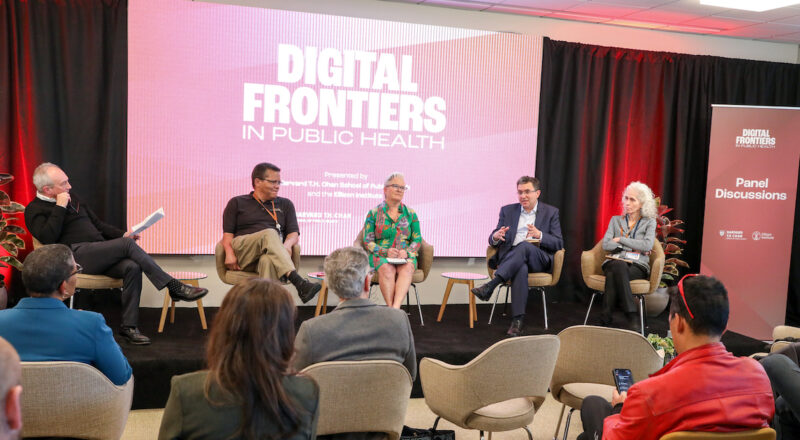
According to Joshua Sharfstein, Vice Dean at Johns Hopkins Bloomberg and former Secretary of the Maryland Department of Health, the data sharing system among hospitals in Maryland was limited at the start of his term. The data was mainly used for clinical purposes, such as tracking a patient’s CT scans at different hospitals. The leaders of the system acknowledged the need for a comprehensive data sharing system but couldn’t identify the funding source.
Sharfstein and his team presented a proposal to the leaders, with the help of the governor, they would secure funding through Medicaid or other means and secure a law designating the leaders as the state’s health information exchange. In return, the leaders would have to increase the size of their board and include members of the public, add a provision allowing the health secretary to disband the board if it failed to act in the best interest of Maryland residents, and rebrand the program as a public health utility, not just a clinical program.
However, data connectivity has proven more challenging in Los Angeles County, especially during the COVID-19 pandemic. Barbara Ferrer, director of the Los Angeles County Department of Public Health, highlighted the need for data to understand the impact of the pandemic in the county. The data needed included information on the spread of the disease, the efficacy of interventions, and the needs and opinions of residents and workers.
Anthony Iton, Senior Vice President of Programs and Partnerships at the California Endowment, experienced a lack of trust in sharing data during his time as Alameda County’s health officer. Hospital systems were hesitant to share data due to concerns over data privacy. Claudia Williams, former CEO of Manifest MedEx, emphasized the importance of access to both personally identifiable and de-identified data in improving health outcomes.
All panelists agreed that changes are necessary in the health data ecosystem and more resources are needed to achieve data interoperability. Sharfstein stressed the need to prioritize public health outcomes and change the environments that are contributing to poor health. Williams emphasized the need to invest in data infrastructure as a public good and align all policy levers to benefit public health.
